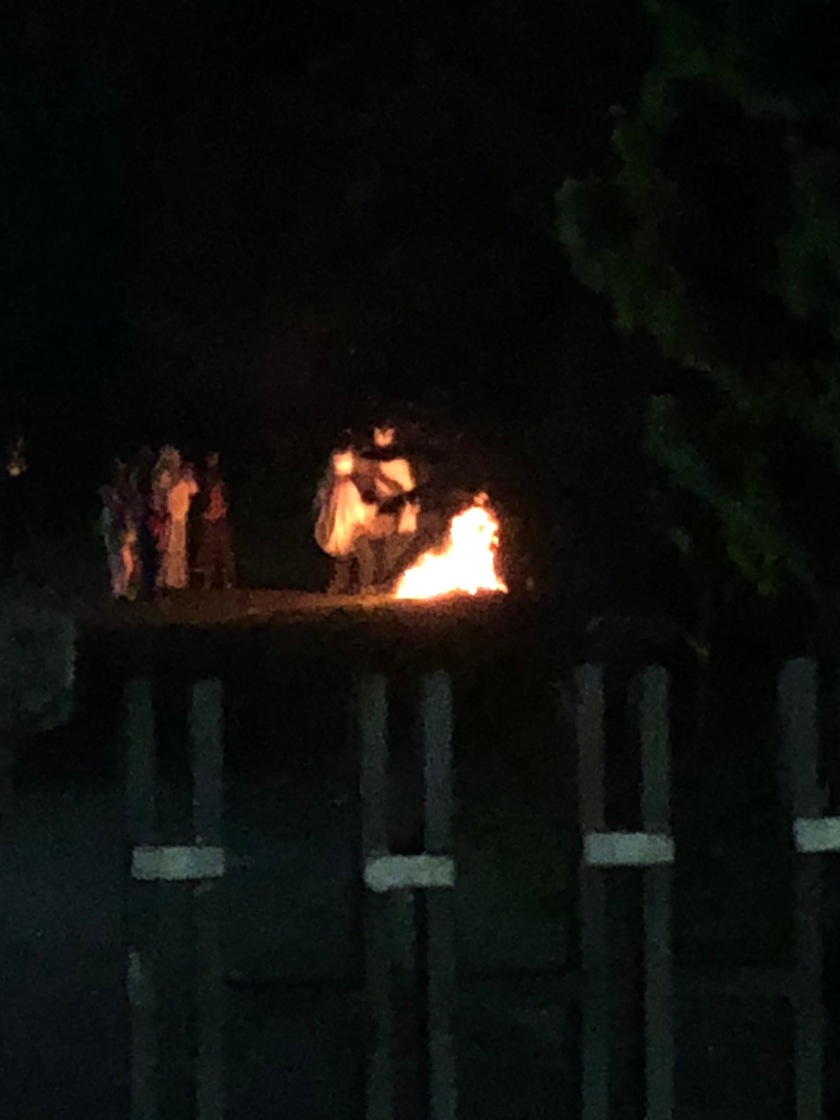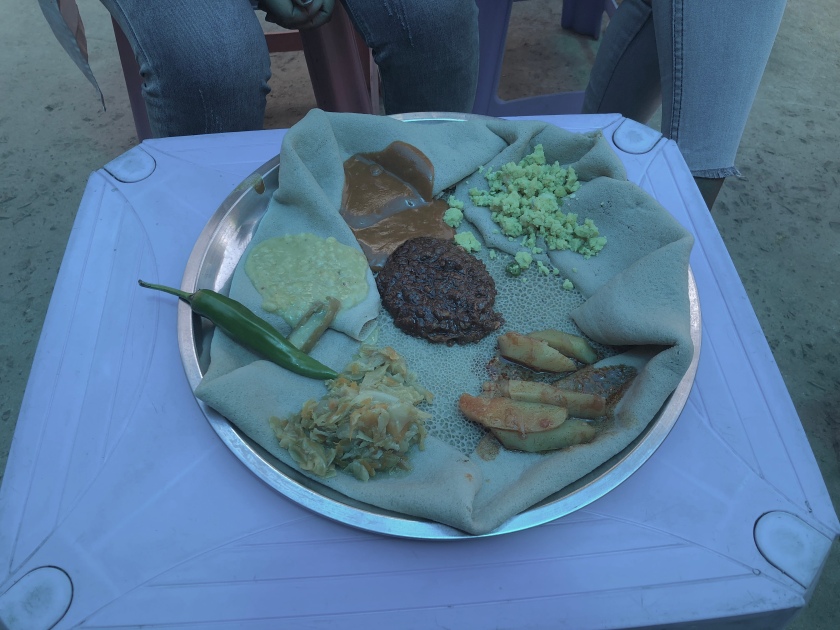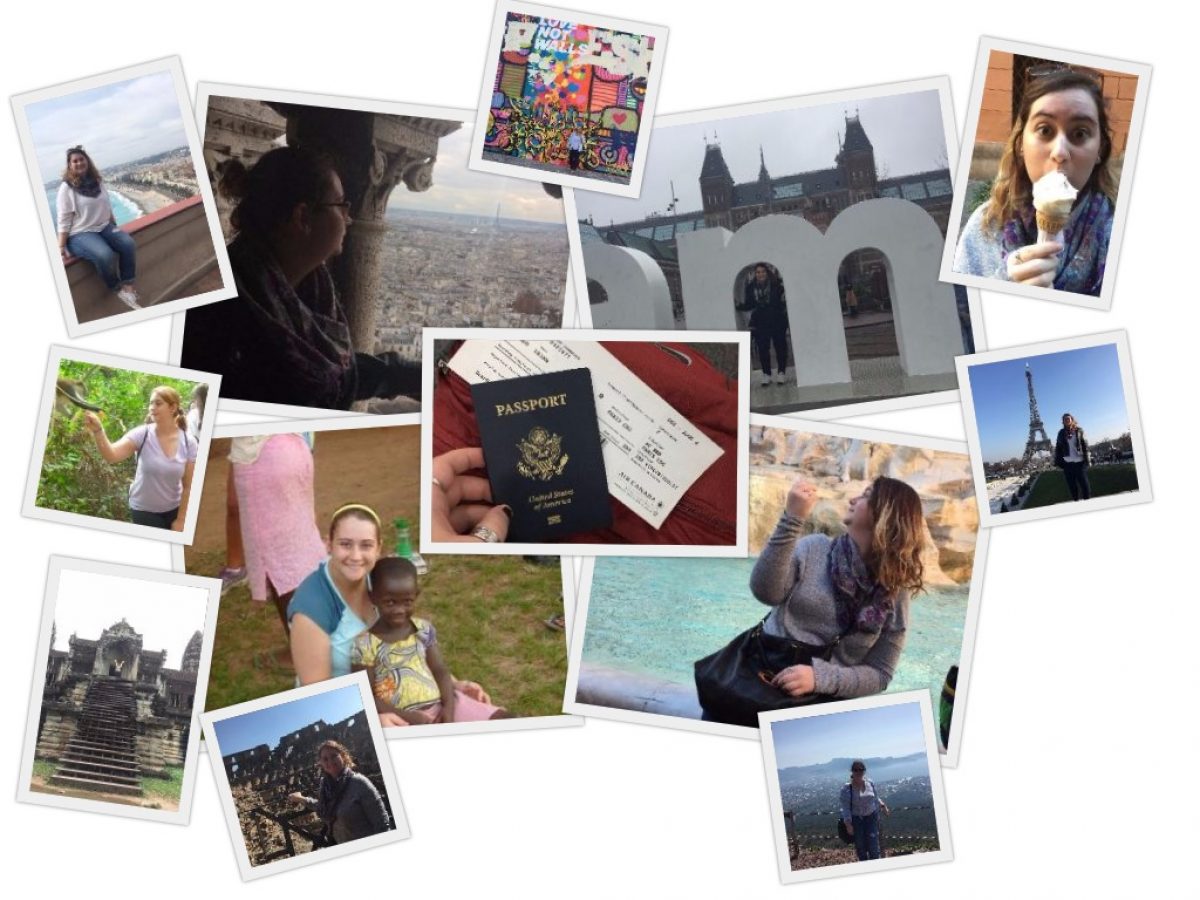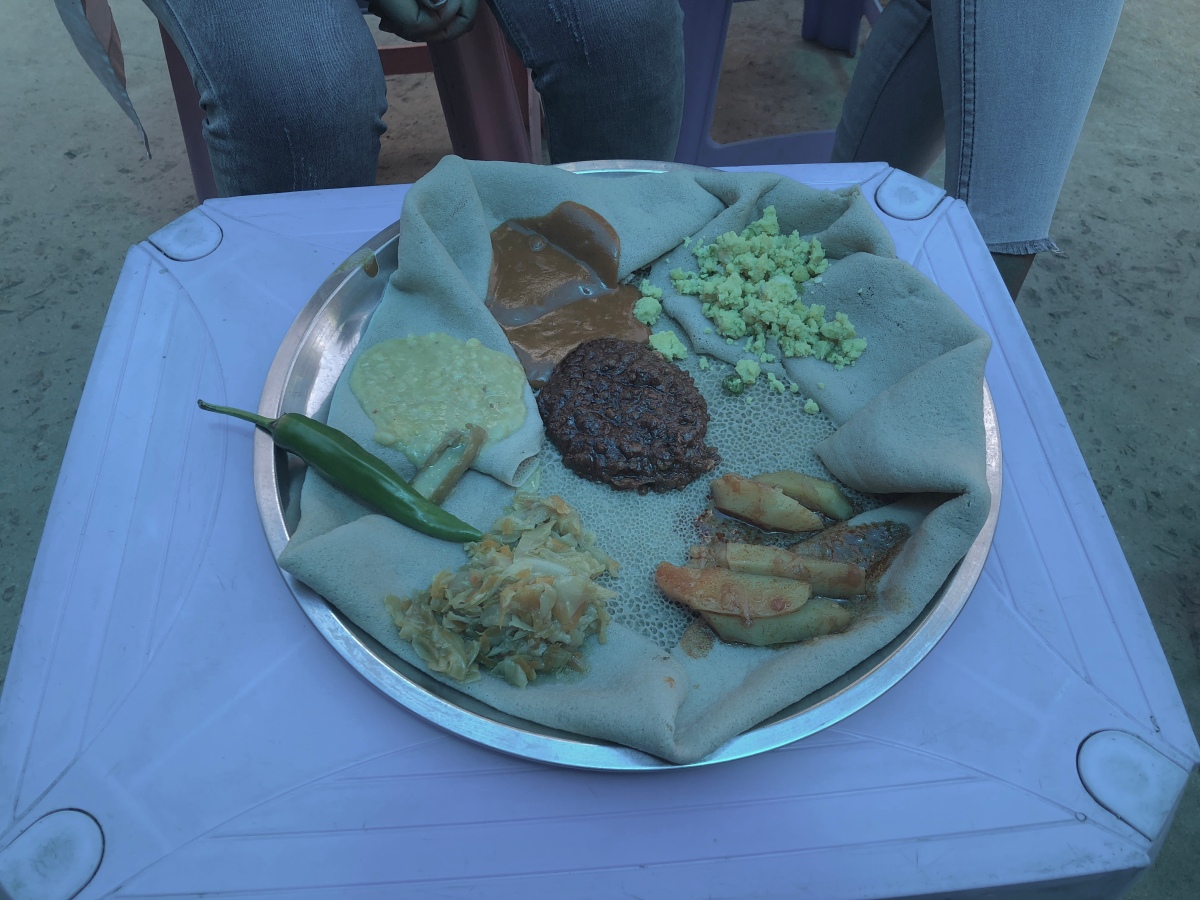Before you start reading this post, I want to preface this post by saying that I personally do not subscribe to one faith tradition and I believe that all religions have different aspects we each can learn from. This is just my person account of religion in Ethiopia based on my own experience living here. I write this to give some insight of the cultural background of Ethiopia with certain religions and how it impacts Ethiopian culture.
One question I get asked almost on a daily basis since moving to Ethiopia is: “Do you believe in God?” Now where I am from in the United States, this question falls under the category of themes not talked about, along with politics and sex. So, when I came here and so many teachers were just casually asking me about my beliefs, at first it took me by surprise. The first time I was asked, I answered, the long version, because in most ways I am an open book. I do not mind telling people my opinions and (I feel) respect other people’s. I think that when people come together with differing views or opinions, you learn and grow as a person. However, since I’ve been asked about 100 times since I’ve been here over the last month I just answer, “I’m spiritual not religious”. At this I get a look that seems to say, “what does that even mean” or “you’re basically going to hell if you don’t believe” or occasionally I’ll get a response like, “ok so you believe- good” even if I said no such thing.
Before coming to Ethiopia, I knew a lot of society is based off of Christianity, specifically Christian Orthodox, due to the large part Ethiopia has played its history. For those of you who might not be familiar, here are some quick facts about the connection between religion and Ethiopia:
- Christianity and Islam both originated from Ethiopia
- Ethiopia is mentioned 45 times throughout the Bible
- The Ark of the Covenant, where the 10 commandments are sealed in, is said to be in Axum, Ethiopia
- The cross that Jesus died on is said to be found here. On September 26 there is a whole holiday dedicated to this called Meskel, where people will light huge bonfires in the shape of crosses while they sing, dance and play drums around it. It’s truly beautiful to see them all lit up at night and hear the chanting. It was one of the first holidays that took place when I first arrived in Addis.
- Ethiopia is often highlighted as an example for the world as to how multiple different religions (Christianity and Islam) all coexist happily and without any conflict or competition over territory. For example, on one street 3 different religions may be represented and they all act neighborly without any issues. Truly inspiring.
- Rastafarianism started in Ethiopia

As more people asked, I became more curious about to what extent religion plays in the Ethiopian society, or at least in the capital of Addis Ababa, where I live. The main quality of the culture influenced by Christianity is eating “Yet-som” or fasting food, which is available everywhere on Wednesdays and Fridays. This basically means that rarely a restaurant, that’s not like a fast food chain (yes, they do have Pizza Hut- but strangely not McDonalds), will only serve vegan or meat free food.
So while it’s perfect for me, as a person in transition from changing their lifestyle from vegetarian to vegan, it can be difficult and frustrating for those who enjoy chicken, beef, or, more commonly, goat. During fasting days, it is also unlikely to find food made with animal products such a milk or cheese and even if you ask for it, you’ll probably get a funny look from the waiter who will NOT be serving you these items.
Even if you are not vegan or vegetarian, I would still recommend ordering a vegetable “baeyentu”, a huge plate of injera with different dishes made out of lentils, chick peas, spices, and cabbage (I have it too many times at work).

So, although it does sometimes get frustrating to be asked my religion constantly, I understand how deep the roots of religion in Ethiopia and find it fascinating. For those who are close to me know that I have had a rocky past with religion and although my past has given me many Christian values, I have a lot of issues with labeling myself to belong to a certain faith tradition. However, having conversations, true and meaningful conversations where both sides are learning from each other, I am beginning to further appreciate the traditions and the way Ethiopian’s view and practice their preferred religion. I do hope to visit the sacred city of Axum at one point in my time here to try to further understand and add to my own views on faith traditions.
Happy travels,
Cynthia

